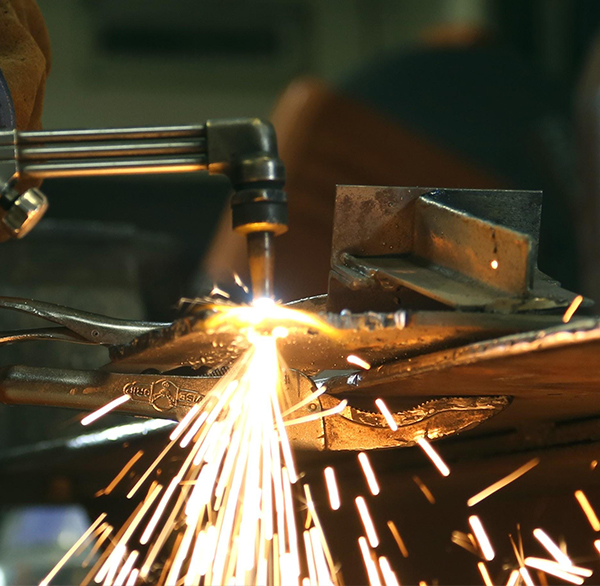Industry Knowledge Extension
Copper-nickel alloys are a family of materials that contain both copper and nickel as their primary alloying elements. These alloys are known for their excellent resistance to corrosion and high strength, making them ideal for use in marine, automotive, and other harsh environments.
There are several types of copper-nickel alloys, each with its unique properties and applications. The most common types are:
Copper-nickel 90/10: This alloy contains 90% copper and 10% nickel and is commonly used in marine applications due to its excellent resistance to seawater corrosion.
Copper-nickel 70/30: This alloy contains 70% copper and 30% nickel and is used in a wide range of applications, including marine, automotive, and electrical.
Cupronickel: Cupronickel is a term used to describe a range of copper-nickel alloys that contain varying amounts of nickel, zinc, and other elements. Cupronickel alloys are used in a variety of applications, including coinage, marine, and electrical.
Nickel silver: Nickel silver is a copper-nickel-zinc alloy that contains no silver. It is used in decorative applications, such as silverware, jewelry, and musical instruments.
Overall, copper-nickel alloys are valued for their excellent corrosion resistance, high strength, and good ductility. These properties make them ideal for use in harsh environments where other materials would quickly deteriorate.
Copper-nickel alloy materials play a significant role in many industries and applications due to their unique properties. Some of the important roles of copper-nickel alloys are:
Marine applications: Copper-nickel alloys, such as 90/10 and 70/30, are widely used in marine applications due to their excellent resistance to corrosion in seawater. They are used in shipbuilding, offshore oil and gas platforms, desalination plants, and other marine structures.
Electrical and electronic applications: Copper-nickel alloys are used in electrical and electronic applications due to their excellent electrical conductivity and resistance to corrosion. They are used in wiring, connectors, switchgear, and other electrical components.
Automotive applications: Copper-nickel alloys are used in automotive applications due to their high strength, corrosion resistance, and good formability. They are used in brake lines, fuel lines, and other automotive components.
Coinage: Cupronickel alloys are commonly used in coinage due to their durability, resistance to corrosion, and attractive appearance.
Medical applications: Copper-nickel alloys are used in medical applications due to their biocompatibility, antimicrobial properties, and high strength. They are used in surgical instruments, dental instruments, and other medical devices.
Architecture and construction: Copper-nickel alloys are used in architecture and construction due to their aesthetic appeal, durability, and resistance to corrosion. They are used in roofing, cladding, and other architectural elements.
Overall, copper-nickel alloys are valued for their unique combination of properties, making them suitable for a wide range of applications in various industries.
 View More
View More
 View More
View More
 View More
View More
 View More
View More
